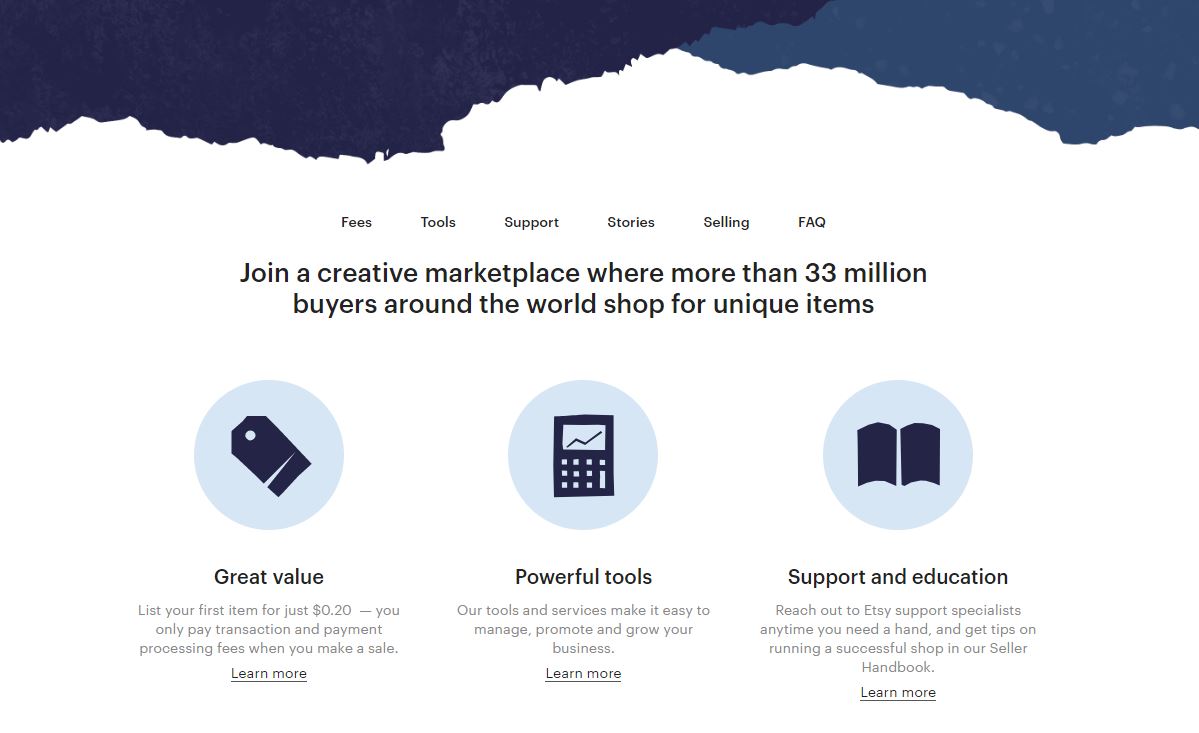With customers being more savvy, empowered, distracted and time-poor than ever before, we’re living in a world where the individual consumer holds a lot more power than ever before. They now have the world at their fingertips which means we need to be actually relevant to them if we want to make a sale.
Let’s discuss this in more detail.
Prefer to listen, rather than read? Here’s the Podcast summary!
However, times have changed – as have our customers.
Now, our brands need to be relevant both at the start and throughout the entire journey if we wish to be successful.
What is brand awareness?
However, with consumer behaviour shifting towards being highly educated and empowered, just knowing of your brand has a significantly less impact on conversion now. There are hundreds of brands that a person may know of but have little interest in.
This is why it’s time for marketing to focus more on brand relevancy.
What is brand relevancy?
Brand relevancy builds a brand’s strength because it surpasses just being known by an ideal customer and aims to become an integral part of a person’s life.
Think of it this way: brand relevancy is powerful because it’s about knowing what’s important to your customer and catering to their priorities.
Brand awareness versus brand relevancy
Brand awareness gives them the “what”, but brand relevancy gives them the “why”.
Aren’t they the same thing?
But the reality is that most aren’t.
A large majority of brands that we see today still focus on telling people the “what” or “how” about their brands to raise general awareness. While those are important, it can be initially irrelevant to people and, by not providing the “why should you care” relevancy message, you may not get a chance to say anything else because you’ve lost them.
Why do brands need to be relevant?
When a challenge or a need arises, they have a moment of inspiration where they look for a solution which fits their lifestyle, and then take action. To be that relevant brand, you need to take a comprehensive marketing approach which communicates that you’re a product or service which aligns with their goals.
Simple awareness is no longer enough anymore
However, just knowing OF you has a very little impact. Sure, it starts with awareness, but it doesn’t push people into taking action. It’s by being relevant that brands succeed.
Examples of relevant brands
Its core message of “music for everyone” and subsequent marketing executions describe how it’s all about personalised music choice for the individual. This allows Spotify to transcend from being simply a music service, to being an integral part of people’s lives.
However, their core marketing message to sellers is: Join a creative marketplace where more than 33 million buyers around the world shop for your unique items.
Suddenly, for a creative craftsperson, Etsy is relevant to them because it’s a useful facilitator to help cultivate their hobby or their small business.
Another fantastic example of brand relevancy is Lego.On the surface, it’s a plastic building block set. But they give their brand so much more significance by providing personalised content to both kids and “the grown-ups.” The kid’s page is full of inspiring and engaging media which captivates, excites and generates nostalgic fondness, while the adult’s page provides parents with reinforcing messages of sustainability, challenging their children and drawing out creativity – all of which are important emotional drivers for parents.
Both of these strategies make Lego relevant in family life. Yes, it’s just a set of plastic building blocks, but Lego as a brand is incredibly successful because it earns its place by providing answers to “why are you relevant to me?”
This evolves their brand for being just an electronics provider, to one that allows customers to be at the cutting edge of technological evolution. It creates enthusiasm and demonstrates ways that it improves the user’s lifestyle through better photography, better sound, better visuals and so on.
What are the ways a brand is relevant?
- The brand focuses on meeting a core need in people’s lives (and clearly communicates this)
- The brand delivers a consistently favourable experience
- The brand engages customers in innovative ways
- The brand earns trust
All four of these make a real impact on a person, which is why a brand becomes relevant.
How do you improve brand relevancy?
- Who is my ideal customer?
- What emotional pain-points do they experience?
- How does my brand offer a direct solution to this?
- How do I effectively communicate that clearly to demonstrate that connection?
If you can evolve your marketing message and content to focus on being a brand which makes a positive difference to your customer’s life, you become relevant (not just known). This allows you to be successful in such a saturated and competitive world.
Brand relevancy is strongly linked to content marketing, effective copywriting and inbound marketing – where your brand creates several layers of engaging content which caters to all stages of your customer’s journey. This way, when that ‘moment of inspiration’ strikes, you’re considered a beneficial and worthy option that will actually solve their needs.
Sure, it begins with basic brand awareness, but it’s about going beyond simply making your brand known, to earning their trust so that they see your brand as a worthy purchase because it’s an integral part of their life.
To have brand relevance, it’s not just saying “We are UberEats and we deliver food to your door.” Instead, try: “Uber Eats fulfils a food craving conveniently with a few taps of your phone. Put your feet up and watch your favourite meal come to you.” (I should write their copy!).
How Can Melotti Media Copywriting Help You?
For more information or to speak to a quality copywriter to get the results your business deserves, contact me now at chris@melottimedia.com.au.
I can sharpen your words to achieve your goals, today!
Christopher Melotti
Melotti Media Copywriting and Marketing Solutions
www.melottimedia.com.au
Click here to view the Copywriting FAQ page for all you need to know












